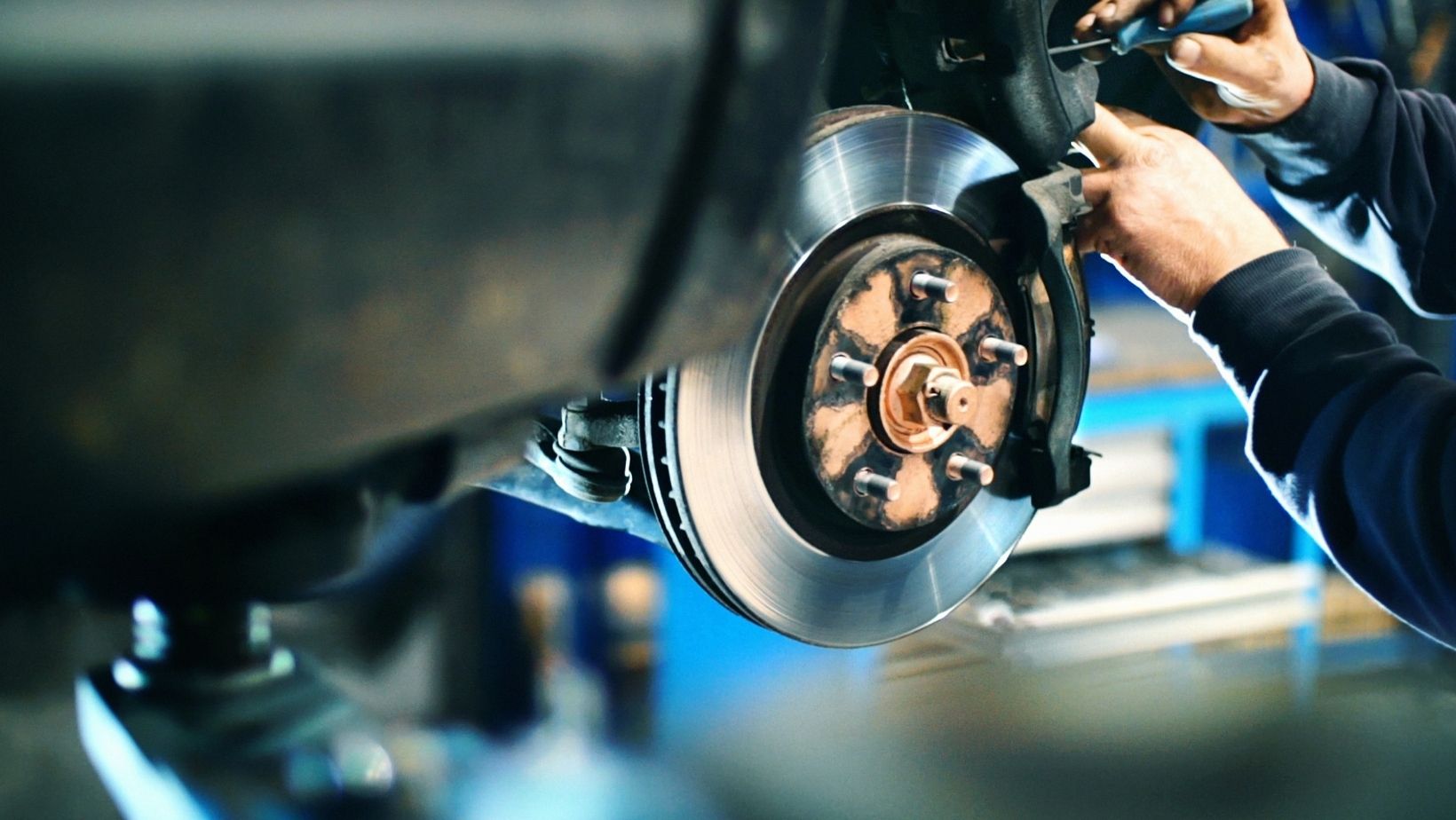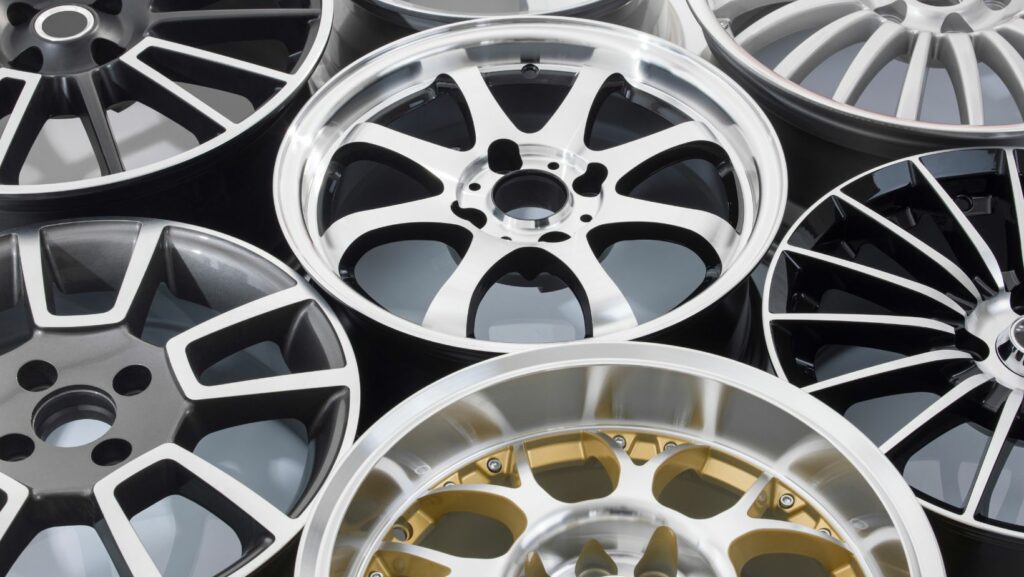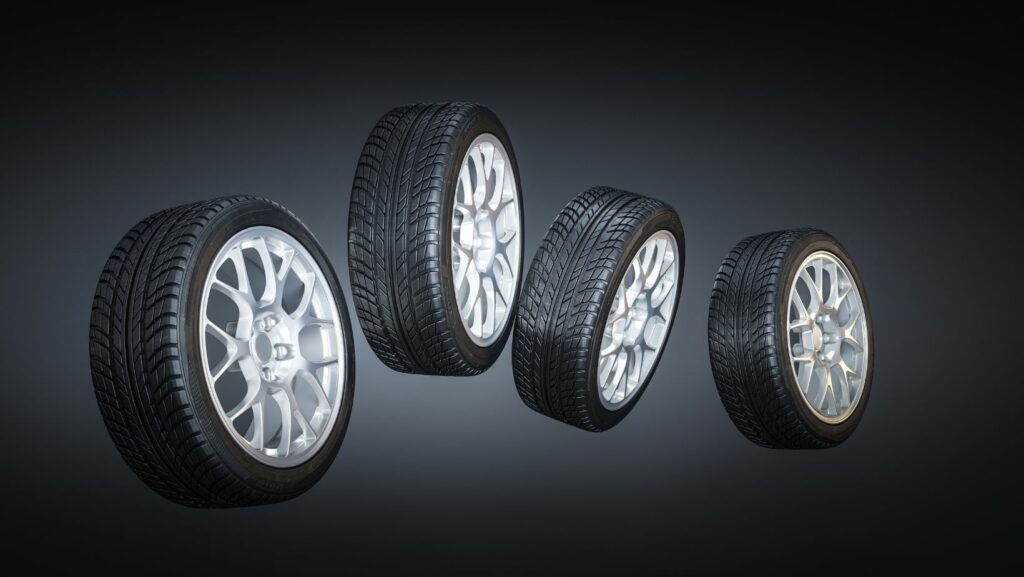Driving on rough terrain places extraordinary stress on your vehicle’s braking system. Unlike smooth highways, off-road conditions expose your brakes to dirt, mud, rocks, steep inclines, and uneven surfaces that can significantly impact performance. Understanding how rough terrain affects your brake components helps you maintain safety and reliability in these challenging environments.
For example, vehicles equipped with the Ford Focus Clutch Master Cylinder must endure everyday wear but can face accelerated stress when taken off-road. Similarly, models like the Ford Probe and Kia Sportage require special attention to their brake systems after exposure to rough conditions to ensure optimal performance.
Off-Road Impact on Brakes
Off-road driving affects your brakes in several distinct ways:
Exposure to Dirt and Debris
Mud, sand, and rocks can accumulate on brake components, causing accelerated wear or damage. Dirt can infiltrate brake pads and rotors, reducing their effectiveness and potentially causing uneven braking.
Increased Heat and Friction
Rough terrain often demands frequent and prolonged braking—such as descending steep hills—which generates significant heat. Overheated brakes may experience fading, reducing stopping power temporarily or causing permanent damage.
Corrosion Risk
Wet and muddy conditions off-road can promote rust and corrosion on brake cylinders, lines, and other components. Corrosion weakens these parts, leading to leaks or failures if not addressed promptly.
Vibration and Shock
Constant jolts and vibrations from uneven ground can loosen fittings and damage seals within the brake system. This can result in fluid leaks or a loss of hydraulic pressure.
How Terrain Affects Brake Parts

Brake components, especially hydraulic parts like the master and slave cylinders, must be resilient to perform reliably on rough terrain. The Ford Probe Clutch Master Cylinder is designed to withstand typical wear but requires maintenance to handle the added strain of off-road conditions.
Brake fluid quality is critical. Moisture contamination lowers the fluid’s boiling point, increasing the risk of vapor lock and brake failure when brakes heat excessively. Regular fluid changes are vital, especially for vehicles frequently driven in rugged environments.
Brake pads and rotors wear faster when exposed to dirt and debris. Proper inspection and replacement schedules are essential to maintain stopping power and prevent damage to related components.
Vehicles like the Kia Sportage Clutch Master Cylinder need careful monitoring after off-road use, as the additional stresses can accelerate wear on brake parts.
Maintenance Tips for Off-Road Brakes
- Clean Brake Components Regularly: After off-road trips, wash away mud and debris from brakes to prevent buildup and corrosion.
- Inspect Brake Fluid: Check fluid levels and quality frequently; replace fluid as recommended to avoid contamination-related issues.
- Check Brake Pads and Rotors: Look for uneven wear or damage caused by grit and adjust replacement intervals accordingly.
- Inspect Hydraulic Lines and Cylinders: Look for leaks or damaged seals that might compromise braking efficiency.
- Avoid Excessive Braking: Use engine braking on steep descents to reduce heat buildup and wear on brakes.
Conclusion
Your brake system is vital for safety, and rough terrain driving adds unique challenges that require extra care. Whether you drive a Ford Focus, Ford Probe, or Kia Sportage, understanding how off-road conditions impact your brake components helps you keep your vehicle performing safely.
Autozone stocks quality clutch master cylinders and brake parts for a wide range of vehicles, including those used on rough terrain. Regular maintenance and timely replacement of worn parts ensure your brakes stay reliable no matter where the road—or trail—takes you.



